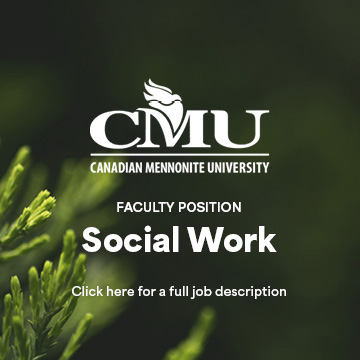“The states, parties to the present covenant, recognize the right of everyone to an adequate standard of living for himself and his family, including adequate food, clothing and housing, and to the continuous improvement of living conditions.”
(Article 11, International Covenant on Economic, Social and Cultural Rights)
It is their stories I hope to never forget — stories of systemic injustice, daily struggles and how life has changed since they found out they have a right to food. I am visiting with a number of mahadalits, members of the Hindu system’s lowest caste, who live in Bihar, India’s poorest state.
Relegated to the outskirts of these communities, these individuals share stories of the struggles they face in feeding their families, obtaining basic education and finding work. They live hours away from the nearest city and far away from the hearts of politicians who could improve the quality of their lives by sharing India’s legislation on the human right to food.
Drawing on the concept of human rights is one way that I can respond to the biblical call to action. Proverbs 31:8-9 calls us to “speak out for those who cannot speak, for the rights of all the destitute,” and to “defend the rights of the poor and needy.” Advocating for human rights, including the right to food, is one way I can respond as a Christian.
My understanding of the right to food is not that people are simply given food; rather, it means that policies, actions and agreements made across all levels of society do not prevent people from providing adequate food for themselves and their families.
Olivier de Schutter, UN special rapporteur on the right to food, writes that, while “states are under an obligation to provide food . . . the right to food is not primarily about being fed. It is about being guaranteed the right to feed oneself, which requires not only that food is available, but also that . . . each household either has the means to produce its own food or has sufficient purchasing power to buy the food it needs.”
One challenge to realizing the right to food in India is that these villagers, being so far removed from centres of political action, are not even aware that they have the right to food established in India’s legislation. Only recently, through the work of the Evangelical Fellowship of India Commission on Relief, did they find out that they are entitled to adequate and appropriate food simply because they are human.
Another challenge is inaction by government representatives who choose not to share this information with those in their districts for a variety of reasons.
So what is to be done? For the Evangelical Fellowship, one solution is to work at empowering the villagers: teaching them about their rights, informing them about what they deserve, and encouraging them to create committees and groups that can advocate on their behalf at the community, state and national levels. Kitchen gardens and farming activities are also underway. Villagers are being connected with state-operated programs that provide guaranteed employment for a portion of the year and programs that will provide meals to children in school.
It is for these villagers struggling to simply survive, and for everyone like them all around the world, that I believe in universal human rights.
Human rights is not by any means a perfect or infallible way to work towards a better future. But as I watch small children peer at this group of foreigners from behind the protection of the trees nearby, I think that what I have learned in this village is a great example of how human rights can make a difference. Rights can help ensure that people obtain enough to eat both for themselves and for their children. We have to try. Because it is quite possible that the next Mahatma Gandhi is pointing and giggling at me from behind a branch right now.
Ellen Paulley is studying international development at the University of Winnipeg. She attends FaithWorks Church, and recently completed an internship with MCC in Latin America. This article is based on her experiences during a Canadian Foodgrains Bank food study tour to India in 2010.




Add new comment
Canadian Mennonite invites comments and encourages constructive discussion about our content. Actual full names (first and last) are required. Comments are moderated and may be edited. They will not appear online until approved and will be posted during business hours. Some comments may be reproduced in print.